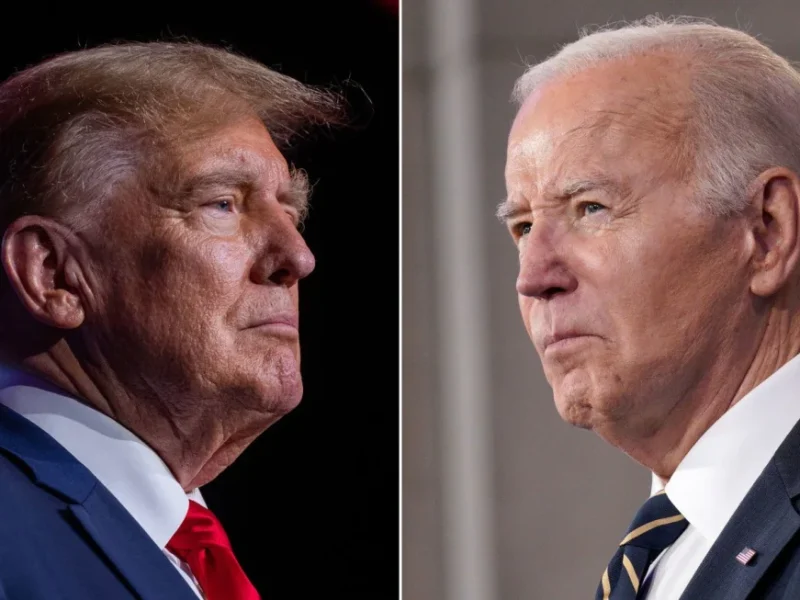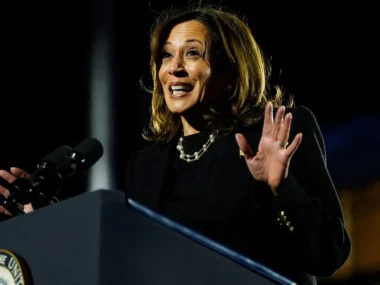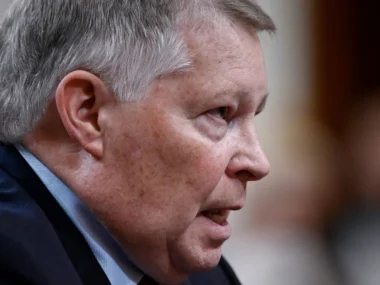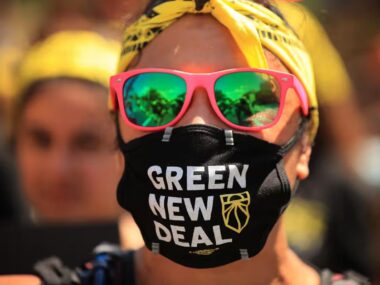Donald Trump’s current general election campaign is unlike any America has witnessed before. He’s engaging in a variety of activities, from promoting Bibles to criticizing judges, boasting about stock market gains, and highlighting his golf prowess. Recently, he attended a fallen police officer’s wake in New York, using the opportunity to reinforce his portrayal of a nation in turmoil under President Biden’s leadership. However, Trump’s approach deviates significantly from a conventional campaign strategy, especially in terms of addressing his major vulnerabilities as he seeks a return to the White House.
In contrast, Biden has been actively campaigning, recently concluding a tour in North Carolina, a state Trump won in 2020 and 2016 but where Democrats see an opportunity. Biden also showcased Democratic unity at an event in New York with former Presidents Bill Clinton and Barack Obama, which raised significant funds for his campaign. These resources could prove crucial in what is expected to be a closely contested election, potentially decided by a small margin in key battleground states.
During a fundraiser, Biden and the former presidents emphasized the threat of a second Trump term, with Biden warning of constitutional erosion and alluding to Trump’s authoritarian aspirations. Additionally, Biden’s campaign released videos contrasting his busy schedule with Trump’s leisure activities, highlighting the stakes for democracy.
Biden’s team has also been aggressive in attacking Trump on policy issues, such as reproductive rights. They seized on recent Supreme Court arguments over abortion access to accuse Trump of endangering women’s reproductive health by appointing a conservative majority that could overturn Roe v. Wade, with far-reaching consequences.
Trump continues to defy convention and break all the rules, as is his trademark.
Donald Trump’s campaign strategy continues to defy conventional norms, appealing to supporters who disdain traditional political elites. Meanwhile, Biden pursues a more traditional campaign, focusing on shoring up support among key demographics like young people, Black voters, and disaffected Democrats.
Trump’s approach merges elements of his legal defense against various cases, in which he portrays himself as a victim of political persecution, with attention-grabbing photo ops. He recently attended a court hearing in New York and a wake for a fallen police officer, using these events to push his narrative of restoring law and order while offering little in terms of specific policy proposals.
Critically, Trump is gearing up his campaign activities as the November election draws near. He plans to intensify rallies and deliver speeches in swing states like Michigan, focusing on immigration issues to rally his base.
Although Trump’s campaign appears more organized than in 2016, questions remain about its effectiveness, especially in winning over supporters of other Republican figures like Nikki Haley. Furthermore, Trump’s control over the Republican National Committee seems aimed at bolstering his legal defense rather than building a robust political infrastructure.
Despite these efforts, Trump faces significant legal challenges, including an upcoming criminal trial related to a hush money payment. His attacks on the judiciary, particularly Judge Juan Merchan, raise concerns about the safety of those involved and contribute to his broader narrative of institutions targeting him unfairly.
Additionally, Trump’s real estate empire faces scrutiny, with New York Attorney General Letitia James threatening to seize properties due to civil fraud charges. However, a recent court ruling granted Trump more time to raise funds to avoid this scenario.
Amidst these challenges, Trump’s media properties began trading on the Nasdaq, momentarily boosting his wealth on paper. However, restrictions on selling his stock for six months could impact its long-term value, potentially affecting both Trump and his supporters.
Biden seeks to capitalize on his State of the Union address by furthering his agenda and rallying support.
Unlike Trump, Biden has been campaigning in a way that leaves no doubt about the stakes of the coming election. His swing state tour in the wake of his strong State of the Union address earlier this month saw events as varied as the unveiling of a huge investment in an Intel chip processing plant in Arizona and the launch of a new health care push in North Carolina.Biden and Vice President Kamala Harris have targeted Black voters, women voters and younger voters – partly in response to polls that have shown weaknesses with his winning coalition in 2020. As he seeks to showcase his policy wins – including a bipartisan infrastructure bill that the White House says will ignite a renaissance in heavy industry – Biden is being hampered by a feeling among many voters that they are not enjoying the benefits of a rebounding economy.The president’s campaign has also been relishing harsh attacks on his rival this week, adopting a tone of mockery apparently designed to bruise Trump’s dignity and to get under his skin. Biden, for instance, quipped about Trump’s “orange hair” during a closed-door fundraiser in Raleigh. And after Trump posted on social media that he had won two recent golf tournaments, the president posted, “Congratulations, Donald. Quite the accomplishment.”While Biden’s team is clearly enjoying poking fun at Trump, the growing intensity and aggressive tone of their strategy suggests the president – who has been trailing in many swing state polls – hopes to use a period when Trump is distracted by his legal quagmires to inflict serious early damage on his campaign that could be significant later in the year.Biden’s joint event with his two predecessors is likely to be a prelude by the top Democrats – and their spouses – to aggressively rally Democratic voters behind the president in the fall when more voters begin to tune into the race.Yet ahead of the president’s appearance at Radio City Music Hall with Clinton and Obama, hundreds of protesters gathered outside, angry at Biden’s support for Israel and its war against Hamas that has killed more than 30,000 Palestinians, according to the Gaza health ministry. Several protesters inside the venue also interrupted Biden’s remarks. The fury over the impact of Israel’s offensive, launched after terror attacks on Israeli soil in October, threatens to harm turnout among progressive voters and Arab Americans in Michigan – one battleground Biden can ill afford to lose.Even with Trump seemingly focused this week on just about anything other than the general election, the president cannot escape his own grave political problems.CLARIFICATION: This story has been updated to reflect that RNC interview questions regarding the 2020 election apply to those who were reapplying for positions with the committee..











